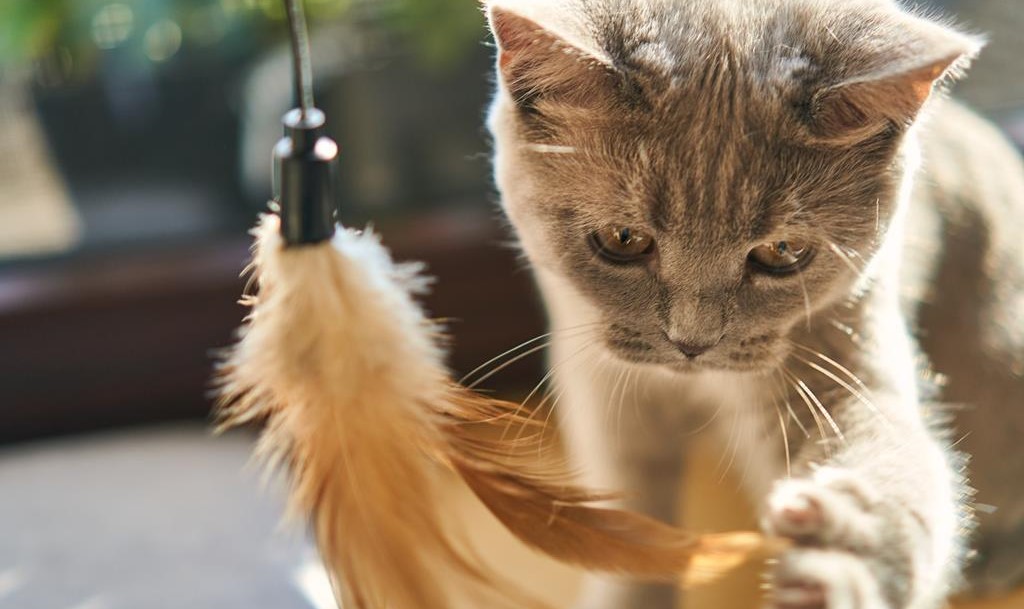Popcorn is a beloved snack enjoyed by many humans during movie nights and gatherings. As a cat owner, you might wonder whether it’s safe to share this crunchy treat with your feline friend. While popcorn might seem harmless, it’s important to consider your cat’s dietary needs and potential health implications before offering them any human food. In this article, we’ll explore whether cats can eat popcorn, the potential risks involved, and safe alternatives for treating your furry companion.
The Safety Factor: Can Cats Eat Popcorn?
The short answer is that while popcorn itself isn’t toxic to cats, it’s not an ideal treat for them either. Plain, air-popped, unsalted, and unbuttered popcorn in small quantities is less likely to harm your cat. However, there are several considerations to keep in mind:
1. Choking Hazard: Popcorn kernels can pose a choking hazard for cats, especially since they might not chew their food as thoroughly as humans do. The hard and small nature of popcorn kernels increases the risk of choking or gastrointestinal obstruction.
2. Digestive Sensitivity: Cats have delicate digestive systems that might not tolerate the high-fiber content of popcorn very well. Consuming too much popcorn could lead to stomach upset, diarrhea, or other gastrointestinal issues.
3. Seasonings and Additives: Most store-bought popcorn is flavored with various seasonings, oils, and butter, which can be harmful to cats. These additives might contain high levels of salt, fat, or even artificial ingredients that can upset your cat’s stomach.
4. Allergies: Just like humans, cats can have food allergies. Corn, which is a common ingredient in popcorn, might trigger allergic reactions in some cats.
5. Dental Health: The crunchiness of popcorn might not be suitable for cats with dental problems. Hard and dry foods can potentially exacerbate dental issues or discomfort.
Safe Alternatives for Treating Your Cat
While popcorn might not be the best treat option for your cat, there are safer alternatives you can offer to satisfy their cravings:
1. Cat-Specific Treats: Opt for commercially available cat treats that are formulated to meet your cat’s nutritional needs and are designed to be safe and delicious.
2. Cooked Meat or Fish: Small amounts of cooked, boneless, and skinless meat or fish can be a tasty and protein-rich treat for your cat.
3. Fresh Fruits and Vegetables: Some cats enjoy small portions of fresh fruits and vegetables like cooked carrots, pumpkin, or a tiny piece of cooked chicken.
4. Consult Your Veterinarian: Before introducing any new treats into your cat’s diet, it’s always a good idea to consult your veterinarian. They can provide personalized recommendations based on your cat’s individual health and dietary requirements.
Conclusion
While cats can technically eat plain and unsalted popcorn in moderation, it’s best to avoid offering this snack due to potential choking hazards, digestive sensitivity, and the risk of additives and seasonings. Instead, prioritize treats that are specifically designed for cats and their nutritional needs. Your cat’s well-being is of the utmost importance, so when in doubt, always consult your veterinarian before introducing any new food into their diet.



